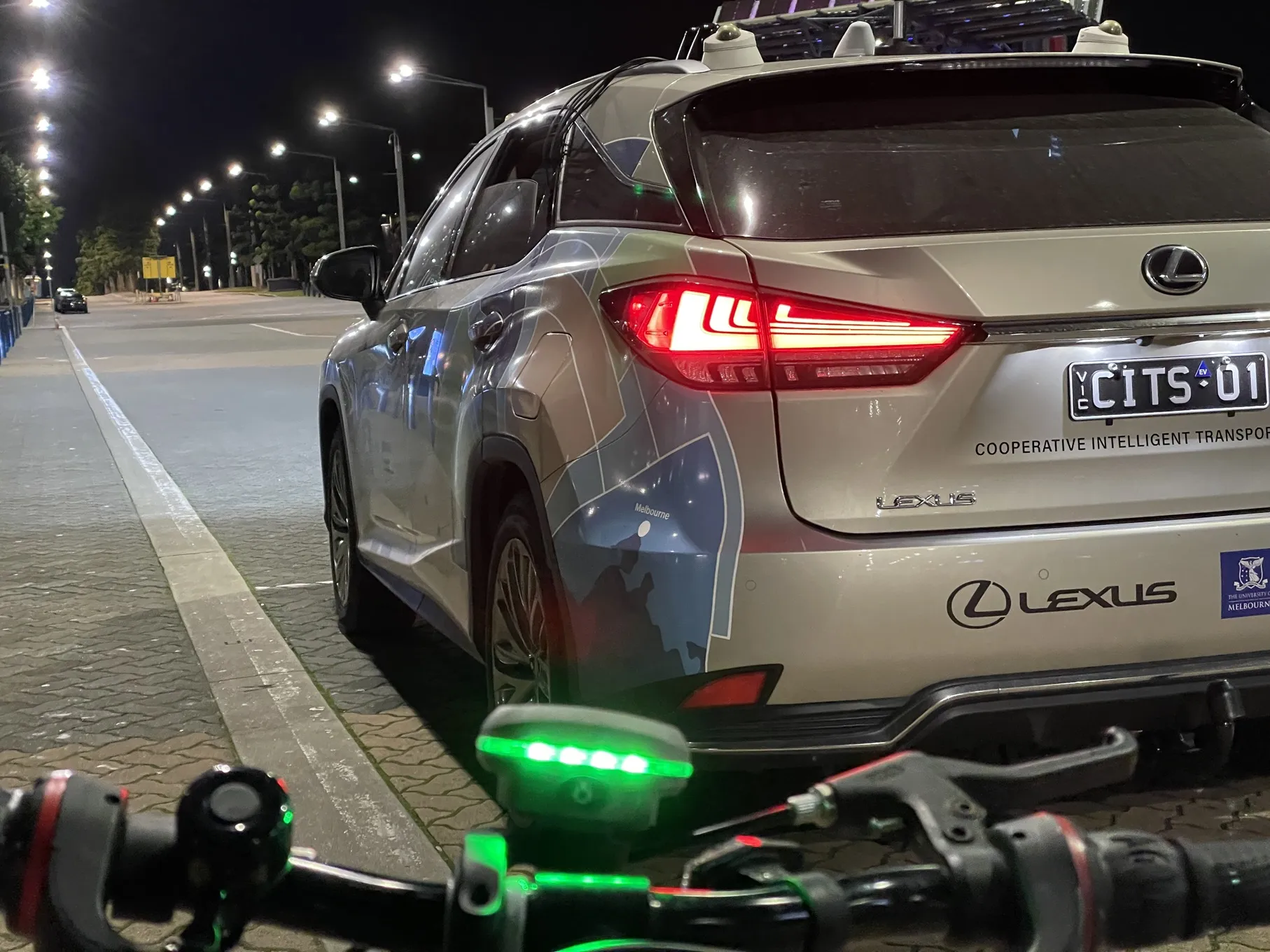Asia-Pacific Economic Cooperation (APEC) member economies are being encouraged to implement intelligent transport systems (ITS) to enhance the efficiency and effectiveness of transport infrastructures, especially recognising the significant safety and environmental benefits that may be realised simultaneously.
The ministers responsible for transportation in the APEC region made the call in their joint statement issued at the conclusion of the 2015 APEC Transportation Ministerial Meeting earlier this mont
October 26, 2015
Read time: 2 mins
Asia-Pacific Economic Cooperation (APEC) member economies are being encouraged to implement intelligent transport systems (ITS) to enhance the efficiency and effectiveness of transport infrastructures, especially recognising the significant safety and environmental benefits that may be realised simultaneously.
The ministers responsible for transportation in the APEC region made the call in their joint statement issued at the conclusion of the 2015 APEC Transportation Ministerial Meeting earlier this month.
The statement claimed that the development of ITS is essential to the improvement of the transportation system in the APEC region.
"We encourage economies to cooperate with the relevant authorities or organisations to ensure data protection and system integration and integrity," said the joint statement. "In addition, security measures need to be put in place and actively maintained to support the use of big data in ITS applications."
Consistent with initiatives to promote inclusive, user-friendly mobility, they also recommended that economies explore how ITS can make transportation networks more accessible to persons with disabilities, older people, women, children and students, low-income populations, and other vulnerable groups.
In addition, the transportation ministers expressed their support for the Global Navigation Satellite System (GNSS) Implementation Team and stress the importance of the application of GNSS technologies in achieving seamless and green intermodal transportation to enhance safety, security and sustainability.
In view of this, they are encouraging economies to continue to promote and adopt GNSS technologies, especially those that will contribute to the improvement of supply chain connectivity as well as to the enhancement of capabilities for preparedness to natural disasters and emergency response.
The ministers responsible for transportation in the APEC region made the call in their joint statement issued at the conclusion of the 2015 APEC Transportation Ministerial Meeting earlier this month.
The statement claimed that the development of ITS is essential to the improvement of the transportation system in the APEC region.
"We encourage economies to cooperate with the relevant authorities or organisations to ensure data protection and system integration and integrity," said the joint statement. "In addition, security measures need to be put in place and actively maintained to support the use of big data in ITS applications."
Consistent with initiatives to promote inclusive, user-friendly mobility, they also recommended that economies explore how ITS can make transportation networks more accessible to persons with disabilities, older people, women, children and students, low-income populations, and other vulnerable groups.
In addition, the transportation ministers expressed their support for the Global Navigation Satellite System (GNSS) Implementation Team and stress the importance of the application of GNSS technologies in achieving seamless and green intermodal transportation to enhance safety, security and sustainability.
In view of this, they are encouraging economies to continue to promote and adopt GNSS technologies, especially those that will contribute to the improvement of supply chain connectivity as well as to the enhancement of capabilities for preparedness to natural disasters and emergency response.









